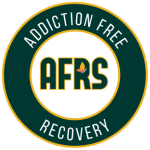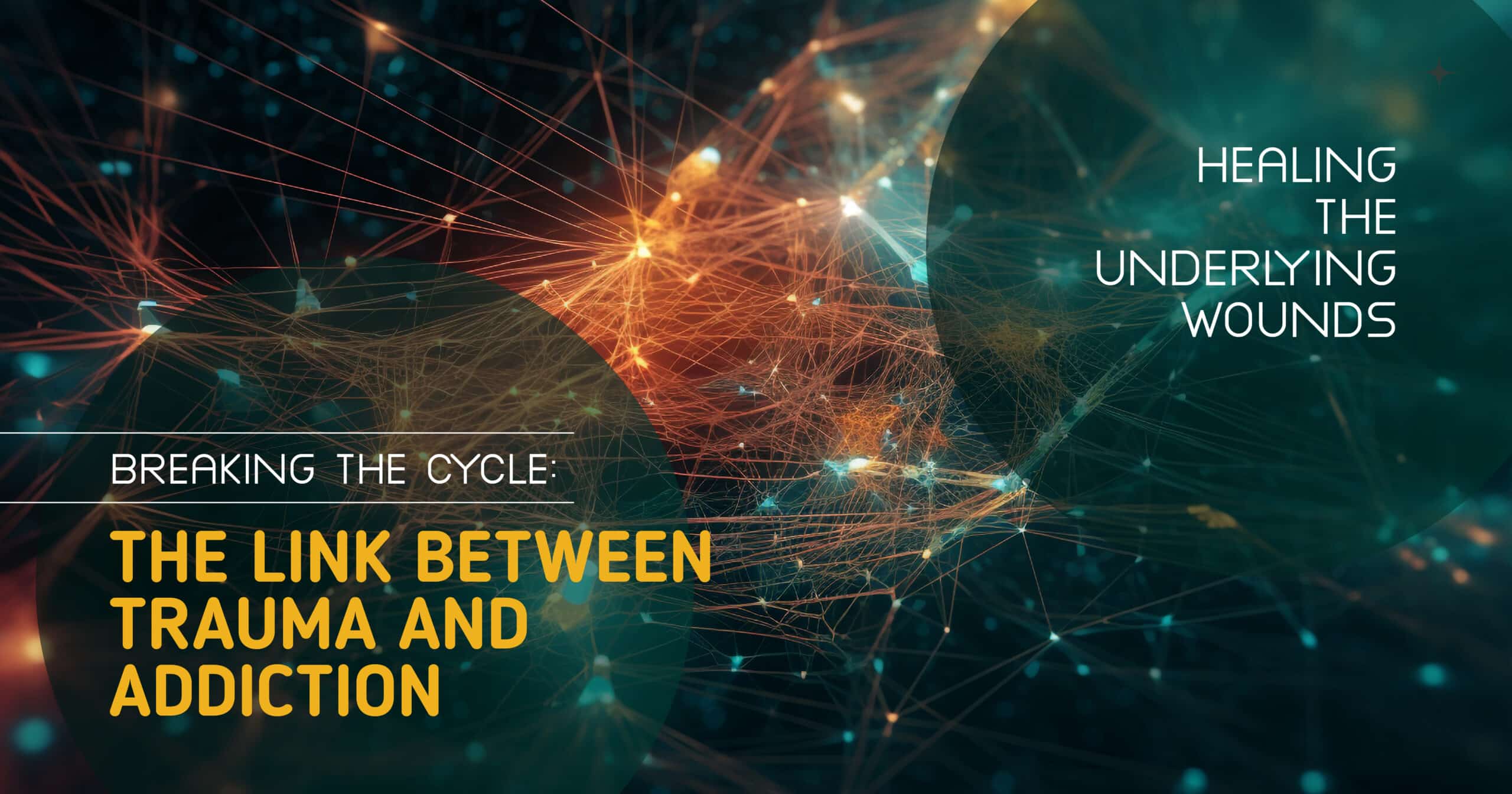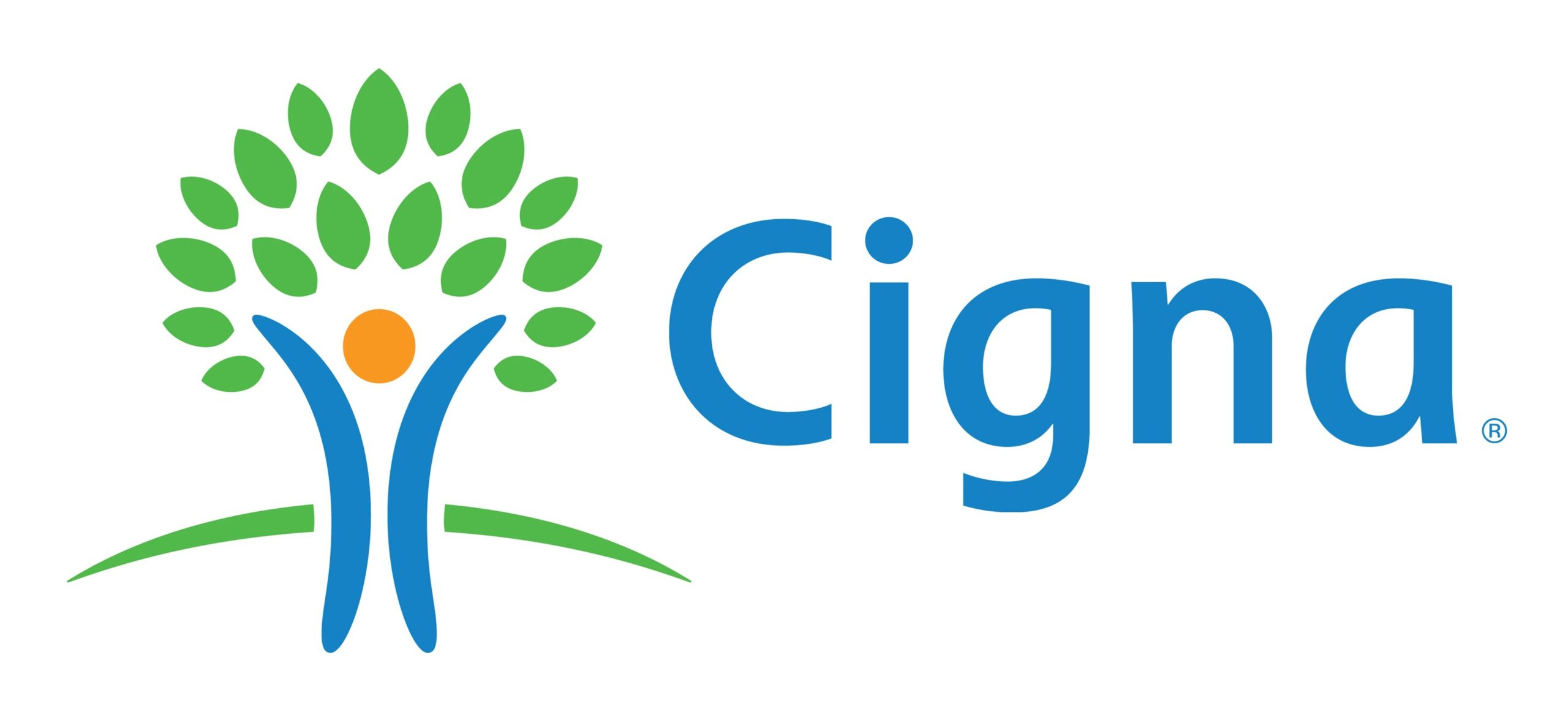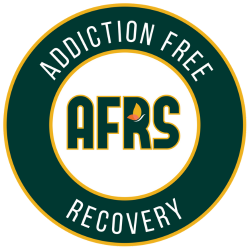Are you struggling with addiction? You’re not alone. Millions grapple with substance misuse and addictive behaviors, often with a hidden culprit lurking beneath the surface – trauma.
Don’t forget that understanding the deep connection between trauma and addiction is the crucial first step toward achieving lasting recovery.
This blog post delves into the intricate relationship between these issues, exploring how trauma can trigger addiction and how healing those wounds can pave the way for a brighter future. We’ll also explore trauma-informed therapy, a vital approach for addressing both addiction and its underlying causes.
What is Trauma?
Trauma is a reaction to a profoundly distressing or disturbing experience, which can arise from a range of events, such as:
- Physical or sexual abuse
- Neglect
- Witnessing violence
- Accidents
- Serious illness
- War or natural disasters
Trauma can have enduring effects, significantly influencing a person’s mental and emotional health.
Common symptoms include:
- Flashbacks
- Nightmares
- Anxiety
- Depression
- Difficulty with relationships
- Self-destructive behaviors
Why Does Trauma Lead to Addiction?
Trauma disrupts the brain’s natural ability to regulate emotions and cope with stress. This can lead individuals to turn to substances or behaviors as a way to:
- Numb emotional pain: Substances can provide a temporary escape from overwhelming emotions associated with trauma.
- Regain a sense of control: Addiction can create a false sense of control, offering a way to manage complicated feelings.
- Self-medicate symptoms: Trauma can trigger anxiety, depression, and other mental health issues. People may use substances to self-medicate these symptoms.
The Vicious Cycle of Trauma and Addiction
Unfortunately, addiction often exacerbates the effects of trauma. Here’s how:
- Substance use can worsen trauma symptoms: Drugs and alcohol can disrupt sleep, increase anxiety, and cloud judgment, making it harder to deal with trauma effectively.
- Addiction can lead to isolation: The behaviors associated with addiction can damage relationships and isolate individuals, further hindering their healing process.
- Shame and guilt: The presence of both addiction and trauma can lead to intense feelings of shame and guilt, perpetuating the cycle of self-destructive behavior.
Healing the Wounds: Trauma-Informed Therapy for Lasting Recovery
The good news is that there is hope for healing. Trauma-informed therapy is a crucial approach for addressing both addiction and its underlying causes. Here’s what makes it different:
- Empathy and Understanding: Therapists trained in trauma-informed care approach clients with compassion and understanding, recognizing the impact of trauma on their lives.
- Safety and Support: Creating a safe and supportive environment is vital for clients to feel comfortable exploring their experiences.
- Building Coping Skills: Trauma-informed therapy equips individuals with healthy coping mechanisms to manage stress, difficult emotions, and cravings.
- Addressing the Trauma: Therapy can help clients process their traumatic experiences, develop a sense of empowerment, and rewrite their narratives.
Additional Considerations for Healing
Beyond therapy, other steps can support the healing journey:
- Support Groups: Connecting with others who have experienced similar challenges can provide invaluable support and understanding.
- Mind-Body Practices: Techniques like meditation, yoga, and mindfulness can promote relaxation, self-awareness, and emotional regulation.
- Building a Healthy Lifestyle: Prioritizing healthy sleep, nutrition, and exercise can significantly improve overall well-being.
- Holistic Treatment: When necessary, integrating medication management into the treatment plan can be beneficial.
Conclusion
There’s no denying the connection between trauma and addiction. Yet, recognizing this link is the initial stride toward liberation.
By incorporating trauma-informed therapy, building healthy coping mechanisms, and seeking support, individuals can heal from past wounds and create a brighter future free from addiction. Remember, you are not alone on this journey.






















